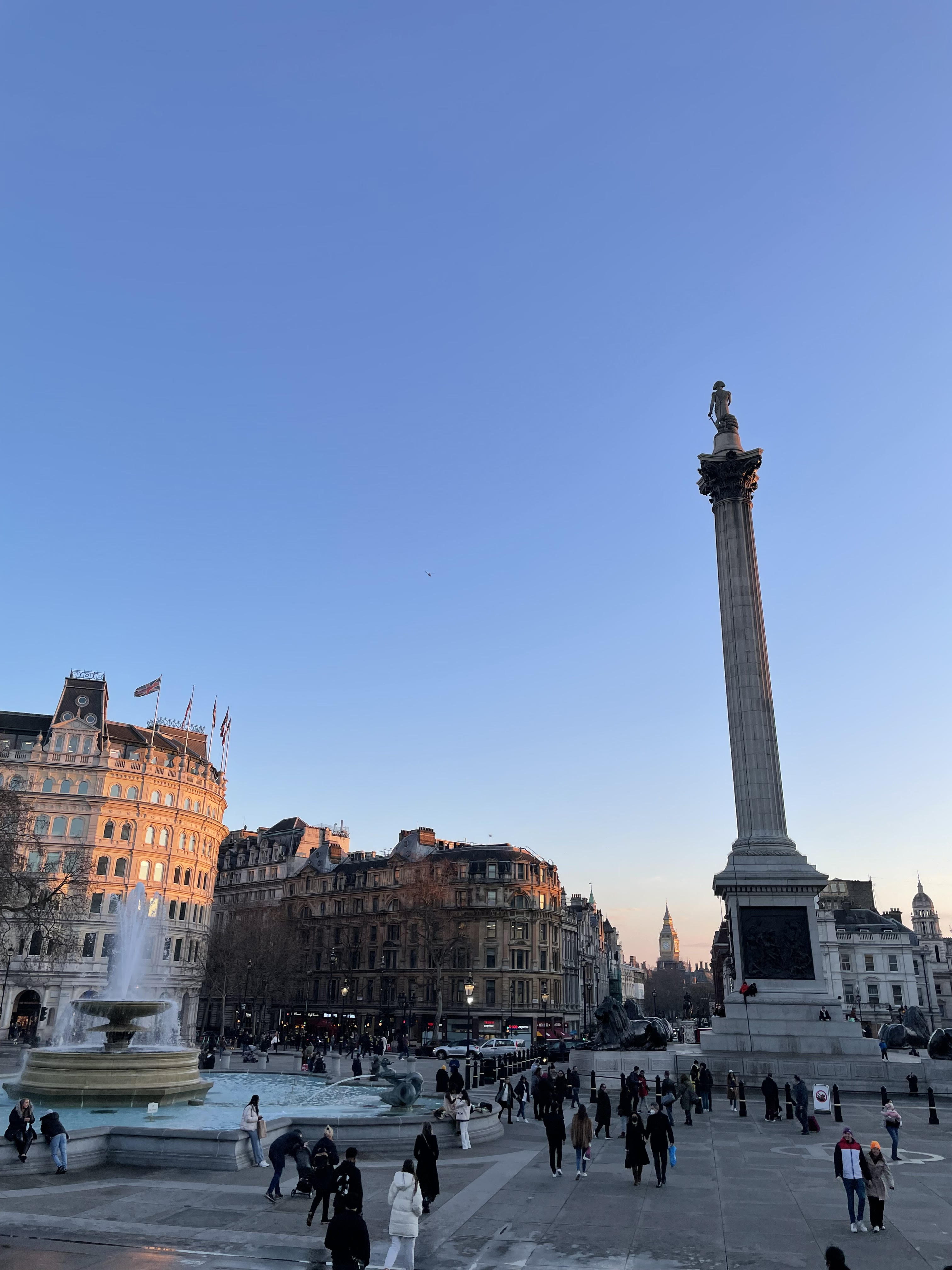Ciao a tutti 🙂
I hope you had a great Christmas time! Hopefully, you spent it with your families and friends, and you all stayed safe.
January is always a busy time. For those who study, it usually means exams. However, the first month of the new year also brings about other thoughts, like new year’s resolutions, travel plans (hopefully Covid won’t ruin our summer), and… the future. Exactly, thoughts about the future are always there, in some corner of our already busy minds, especially at the dawn of a new year.
Talking of the future, have you already made up your minds for Surrey? I really hope you have! The Surrey family can’t wait to welcome new members! However, please keep in mind that the UK is no longer part of the EU, and that entails some consequences for all European and non-European students willing to move and study in the country. Let’s see what you should not forget when getting ready to move to the UK.

- Since last October, you’ll need a passport to enter the UK. The I.D. is no longer accepted at the UK Borders.
- Second, you will need a Student Visa (https://www.gov.uk/student-visa) to study in the UK. Don’t worry, it’s not as complicated as it might sound. You won’t have to go to any place to get it, but, provided you have an electronic passport, you’ll be able to conveniently apply from the comfort of your own room. The only things you need are a mobile phone which supports the NFC technology (most smartphones do) and your e-passport.
- To apply for the Visa, you need a reference number issued by University, which will act as your sponsor so that the UK Government can grant you the Visa. Such reference number is called CAS, which stands for Confirmation of Acceptance of Studies (https://welcome.surrey.ac.uk/international-students-arrival-guide). Once your appliccation is succesfull and the University provides you with an unconditional offer to study, you will get this reference id. Only then you will be able to apply for the Student Visa.
- In order to access the National Health Service (NHS), you’ll need to apply for a so-called Immigration Health Surcharge (IHS). This health insurance will allow you to benefit from the UK health system for the whole duration of your Student Visa. For more information on the IHS, please visit https://www.gov.uk/healthcare-immigration-application.
These four points may not seem a lot. But please keep in mind that these operations do require some time to be completed. Applying for a passport can take up to 6 months! So please, don’t leave everything for the last minute! This year, when I started the course, half of my class, so around 15 people, could not attend the first module because they were stuck in their home countries waiting for their Visas to be issued! You wouldn’t like to find yourselves in the same situation, would you?
Moving to another country is a more than exciting experience. However, for everything to go smoothly, we should always check out what the government requires in terms of documents. Sometimes it might be boring to check all documentation needed, but it’s without any doubt necessary. Actually, I remember being quite excited to apply for my first Visa. I had never needed one before, and applying for one made my pre-departure experience even more thrilling!
And remember, the international staff here at Surrey is great! They’ll support you at any step of your application process. So, if something’s not clear, don’t hesitate to contact them at: internationalsupport@surrey.ac.uk.
Hope this was helpful, guys, and I wish you all the best for this new year!
Cheers,
Jack 🙂
